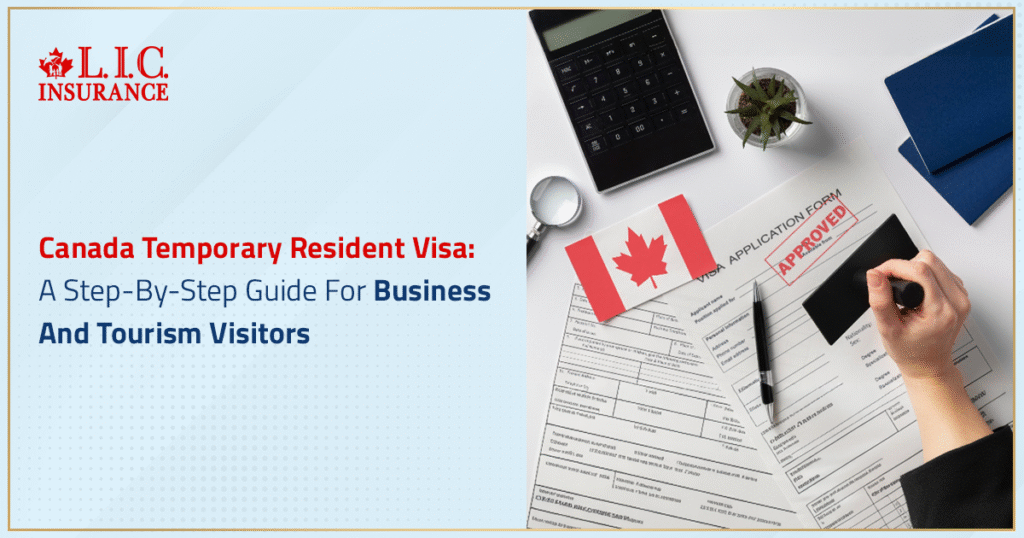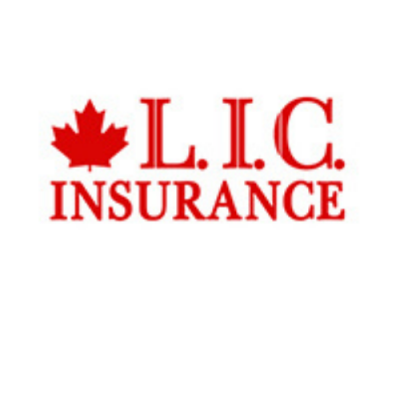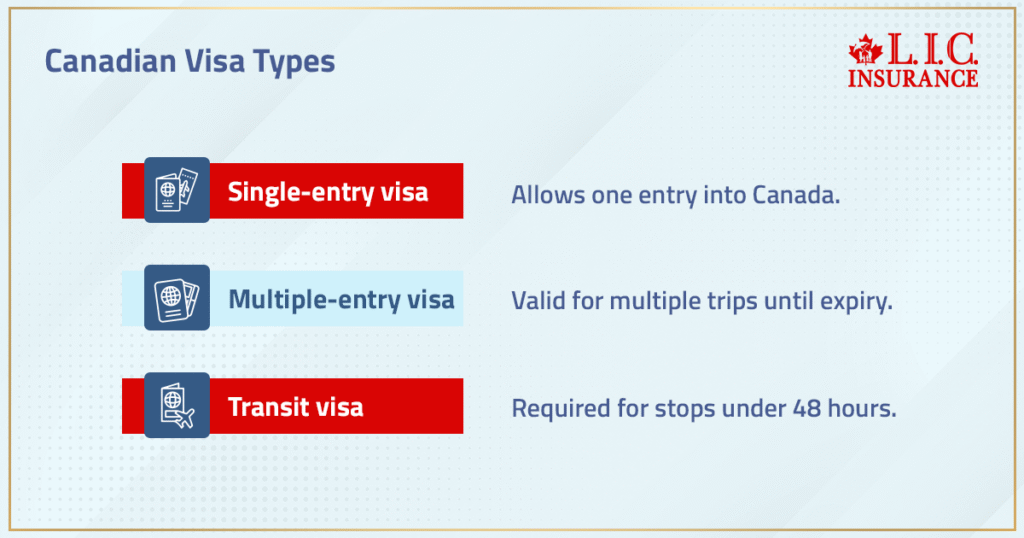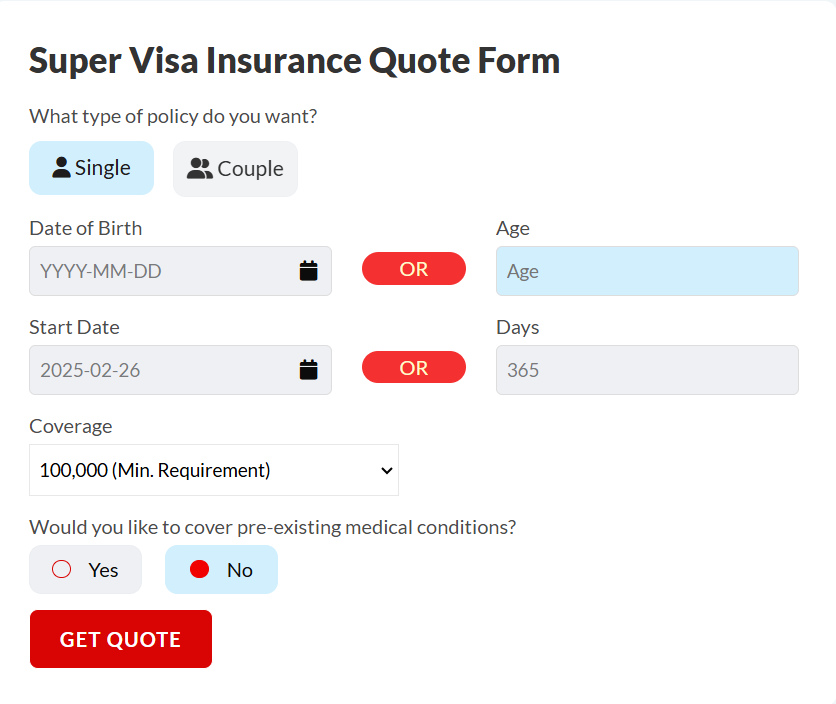- Connect with our licensed Canadian insurance advisors
- Shedule a Call
BASICS
- Is Infinite Banking A Smart Financial Strategy?
- Understanding the Infinite Banking Concept
- Why Infinite Banking Appeals to Canadians Seeking Financial Freedom
- How Infinite Banking Strategy Helps Build Financial Independence
- Challenges and Misconceptions About Infinite Banking
- Who Should Consider Infinite Banking for Financial Freedom?
- How to Start Your Infinite Banking Journey
- Key Advantages of the Infinite Banking Strategy
- A Day-to-Day Struggle: Why More Canadians Are Exploring Infinite Banking
- Potential Drawbacks You Should Know
- The Future of Infinite Banking in Canada
- Is Infinite Banking a Smart Financial Strategy?
COMMON INQUIRIES
- Can I Have Both Short-Term and Long-Term Disability Insurance?
- Should Both Husband and Wife Get Term Life Insurance?
- Can I Change Beneficiaries on My Canadian Term Life Policy?
- What Does Term Life Insurance Cover and Not Cover?
- Does Term Insurance Cover Death?
- What are the advantages of Short-Term Life Insurance?
- Which Is Better, Whole Life Or Term Life Insurance?
- Do Term Life Insurance Rates Go Up?
- Is Term Insurance Better Than a Money Back Policy?
- What’s the Longest Term Life Insurance You Can Get?
- Which is better, Short-Term or Long-Term Insurance? Making the Right Choice
IN THIS ARTICLE
- What is the minimum income for Term Insurance?
- How Does Income Affect Your Term Life Insurance Policy?
- Can You Buy Term Life Insurance Online with a Low Income?
- How Can You Lower Your Term Life Insurance Cost?
- How Much Term Life Insurance Do You Need?
- Can Your Term Life Insurance Policy Be Adjusted Over Time?
- Why Term Life Insurance Is Ideal for Lower-Income Canadians
- Final Thoughts
- More on Term Life Insurance
Canada Temporary Resident Visa: A Step-By-Step Guide For Business And Tourism Visitors


By Pushpinder Puri
CEO & Founder
- 12 min read
- September 29th, 2025
SUMMARY
A detailed look at the temporary resident visa for tourists and business visitors, covering the application process, required supporting documents, and steps from having a valid passport to providing biometric information. Families also gain clarity on Super Visa Insurance for a temporary resident visa, Super Visa Insurance requirements, and how to secure the best Super Visa Insurance Rates in Canada through a trusted Super Visa Insurance Quote Online.
Introduction
We often meet families and professionals who want to visit Canada for family events, vacations, or short-term business activities. The first question they ask is always the same: “What documents do I need, and how do I apply?” A Temporary Resident Visa (TRV) is the official path for most visitors, whether you want to see relatives, attend meetings, or simply explore.
We’ll walk you through the application process, highlight the required supporting documents, explain how Super Visa Insurance for a temporary resident visa connects to your stay, and ensure you understand each step clearly. With our experience, we help families navigate immigration requirements while finding the best Super Visa Insurance Rates Canada offers.
Understanding The Visitor Visa
A Visitor Visa — also called a temporary resident visa — is the official document issued by Immigration, Refugees and Citizenship Canada (IRCC). It shows that you meet entry conditions and are allowed to enter Canada as a tourist or business visitor.
There are three types of visas:
- Single-entry resident visa – lets you enter Canada once.
- Multiple-entry resident visa – valid for repeated trips until the expiry date.
- Transit visa – needed if you stop in Canada for less than 48 hours.
Families often confuse a Visitor Visa with a temporary resident visa with a work permit or study permit. A TRV is not a license to work or study long-term. Instead, it proves your intended temporary stay and allows you to attend events, meet family, or conduct business within the limits set by immigration laws.

Step One: Valid Passport
Every applicant needs a valid passport. Without it, the visa office won’t process your file. The passport must cover the entire duration of your trip. In some cases, the visa will only be valid until your passport expires.
It’s wise to renew your valid passport early if it’s expiring soon. Families sometimes overlook this and later find themselves unable to extend their visitor record or re-enter the country.
Step Two: The Application Process
The application process involves several steps:
- Complete application – Fill out the application form, include the family information form, and sign.
- Supporting documents – Proof of ties to your home country, proof of funds, an invitation letter if visiting family, and birth certificate copies if minors travel.
- Pay fees – Submit the application fee, plus a biometric fee if required.
- Upload supporting documents online or through a paper application, depending on your situation.
We remind clients to keep their payment receipt and one payment receipt. Without proof, delays in processing time are common.
Step Three: Temporary Resident Visa Requirements
Every temporary resident visa TRV applicant must show strong ties to their home country. Officers want to see that you will leave Canada at the end of your intended temporary stay.
The required documents usually include:
- Proof of funds or financial support from a host.
- Evidence of legal status in your home country.
- Travel itinerary and hotel bookings.
- Employer letter with your job title if visiting for business.
For parents and grandparents applying under the Super Visa category, Super Visa Insurance requirements are critical. Without proof of private medical insurance purchased from a Canadian insurance company, applications are refused.
Step Four: Medical Examination
A medical examination is mandatory if you plan to stay up to six months or longer, or if you’ve lived in certain countries recently. Applicants must attend a panel of physician approved by Citizenship Canada.
- Results are sent directly to IRCC.
- Without passing, a valid TRV may not be issued.
- Children, seniors, and even some temporary foreign workers must undergo exams.
We encourage clients to maintain good health before applying. Not only does it help with admissibility, but it also reduces delays in processing time.
Step Five: Health Insurance
Visitors are not entitled to free health services in Canada. That’s why proof of health insurance or medical insurance is so important. A Super Visa Insurance Policy for parents and grandparents must cover the entire duration of the stay and meet the Super Visa Insurance requirements.
Families often compare Super Visa Insurance Quote Online to find coverage that balances affordability and protection. We help them secure the best Super Visa Insurance Rates Canada offers by comparing plans across providers.
Step Six: Family Information Form
When applying with family members, IRCC requires a family information form. It lists spouses, children, and non-accompanying parents to verify connections. Missing this form causes delays.
In our experience, including details about family members strengthens ties to the home country and increases approval chances. Officers look for proof that you will leave Canada when your visitor status or status expires.
Step Seven: Canadian Citizen Invitations
If you are visiting a Canadian citizen or permanent resident, attach an invitation letter. This letter explains the purpose of your trip and confirms the host’s financial support.
Hosts must include:
- Address and legal status in Canada.
- Commitment to support visiting family members.
- Assurance that housing and meals will be provided.
When paired with a Super Visa Insurance Policy for parents and grandparents, the application becomes stronger. It shows financial readiness and compliance with immigration laws.
Step Eight: Processing Time And Biometric Information
Every visa application requires patience. Average processing time varies depending on the visa office and the quality of supporting documents.
Applicants must also provide biometric information — fingerprints and photographs — at a collection center. Paying the biometric fee is mandatory. Without it, your complete application stalls.
We remind clients that the processing fee and biometrics together form part of the application process. Submitting early avoids disappointment.
Special Notes On Business Visitors
Business visitors may enter Canada without a work permit if they conduct business, like attending conferences or providing after-sales services. But they still require a Visitor Visa or a temporary resident document.
A border services officer at a Canadian airport or Canadian port will review the official document and ask questions about your immigration status, supporting documents, and intent to leave Canada. Having a valid TRV ensures smooth entry.
Super Visa And Insurance Connection
Parents and grandparents often choose the Super Visa, which is different from the temporary resident visa TRV. It allows extended stays of up to two years per entry. But admissibility depends heavily on Super Visa Insurance requirements.
We provide:
- Guidance on comparing Super Visa Insurance Quote Online.
- Access to the best Super Visa Insurance Rates in Canada.
- Support in selecting a Super Visa Insurance Policy for parents and grandparents that meets all rules.
This coverage guarantees access to health services and protects against the high costs of emergencies.
Key Points To Remember
- Always apply with a valid passport.
- Complete the application form and attach supporting documents.
- Pay the application fee and biometric fee promptly.
- Undergo a medical examination if required.
- Show proof of health insurance or medical insurance.
- Attach a family information form when travelling with relatives.
- Provide an invitation letter from a Canadian citizen host.
- Track processing time through official IRCC updates.
Final Thoughts
A temporary resident visa may sound simple, but the details matter. Whether you apply as a tourist or business visitor, missing steps causes rejections. From securing a valid passport to attaching supporting documents and showing financial support, each requirement builds your case.
For parents and grandparents, a Super Visa Insurance Policy for parents and grandparents ensures compliance with Super Visa Insurance requirements and gives peace of mind. We work with families to find the best Super Visa Insurance Rates in Canada and provide easy access to Super Visa Insurance Quote Online.
With careful preparation, the right visa application, and complete insurance, visiting Canada becomes a smooth journey. Our role is to make sure families enjoy their stay while staying fully protected.

FAQs
Yes. Parents and grandparents of Canadian citizens can apply for a Super Visa, which allows longer stays. Proof of a Super Visa Insurance Policy for parents and grandparents is required, along with meeting the Super Visa Insurance requirements. Comparing Super Visa Insurance Quotes online helps families secure the best Super Visa Insurance Rates Canada offers.
While a standard Visitor Visa or temporary resident visa doesn’t always require proof of insurance, medical coverage is strongly advised. Super Visa Insurance for a temporary resident visa is mandatory for parents and grandparents under the Super Visa program. Choosing medical insurance from a Canadian insurance company ensures access to Canadian health services during your stay.
Business travellers entering on a temporary resident visa TRV can attend meetings, seminars, or conferences without a work permit. However, they must still complete the application process, submit supporting documents, and show proof that they will leave Canada after their activities. This differs from a work permit, which allows employment.
Visitors staying up to six months or more must prove they can cover medical costs. Health insurance reduces the risks of being denied entry due to a lack of support. Families often compare Super Visa Insurance Quote Online to select coverage that meets the entire duration of their trip and satisfies Super Visa Insurance requirements.
Processing time depends on the visa office and country of origin. Submitting a complete application with all required documents reduces delays. Applicants should also budget extra days for biometrics and medical examination results to be finalized.
If your temporary resident status expires while in Canada, you may apply to restore it within 90 days. Failure to act could affect future visa application approvals. Keeping a valid visitor record and proof of financial support helps maintain lawful immigration status.
Yes. When minors or family members apply, a family information form must be included. It helps officers confirm ties to the home country and ensures transparency. Missing forms or incomplete documents required can extend the processing time.
Most travellers submitting a visa application must pay a biometric fee and provide biometric information like fingerprints and photos. Exemptions exist for certain visa-exempt countries, but most applicants should expect to include this cost along with the application fee.
Key Takeaways
- A temporary resident visa (TRV) is essential for many travellers who want to visit Canada for tourism or short-term business.
- Applicants must hold a valid passport, complete the application form, attach supporting documents, and pay both the application fee and the biometric fee.
- A medical examination is required for longer visits or applicants from certain countries, proving good health and compliance with immigration laws.
- Proof of health insurance is vital. Parents and grandparents must purchase a Super Visa Insurance Policy for parents and grandparents that meets all Super Visa Insurance requirements.
- Families benefit from comparing Super Visa Insurance Quote Online to secure the best Super Visa Insurance Rates Canada offers through a trusted Canadian insurance company.
- Including a family information form and, if relevant, an invitation letter from a Canadian citizen strengthens the case for approval.
- Business visitors may conduct business under a Visitor Visa or a temporary resident visa, but they cannot work without a work permit.
- Processing varies by visa office, but complete submissions and timely biometric information help shorten the processing time.
Sources and Further Reading
Immigration Process & Visitor Visa
- Canada.ca — Application for a Visitor Visa (Temporary Resident Visa)
Detailed breakdown of the TRV application stages, including biometrics and processing steps. A must-read for accurate procedural info. eservices.cic.gc.ca+5IRCC+5Canada.ca+5 - Canada.ca — Guide 5256: Applying for a Visitor Visa (Temporary Resident Visa)
Official IRCC publication outlining eligibility, application submission methods, and steps to ensure a complete application. Canada.ca
Fees, Biometric Requirements & Processing Details
- eServices CIC — Pay Your Application Fees Online
Up-to-date fee chart for TRV, biometrics, and associated services—essential for accurate cost planning. Canada.ca+12eservices.cic.gc.ca+12secure.cic.gc.ca+12UBC Students+1 - VFS Global — Apply for a Visa (Step-by-Step Guide)
Helpful breakdown of how to apply via visa application centers: identifying visa type, booking appointments, and fee payments. Rates.ca+11VFS Global+11IRCC+11
Super Visa Insurance Criteria & Rates
- Sun Life — Super Visa Insurance Requirements
Outlines the minimum $100,000 coverage requirement for Super Visa applicants and the need for policies issued by a Canadian insurer. Manulife+9Sun Life+9Co-operators+9Canada.ca+5sonomad.com+5BestQuote Travel Insurance+5 - Government of Canada — Super Visa: Parent and Grandparent Eligibility
Lists insurance validity, coverage, and payment requirements for Super Visas, straight from IRCC. PolicyAdvisor+7Canada.ca+7Wikipedia+7 - BestQuote Travel Insurance — Super Visa Insurance Requirements
Confirms criteria like minimum 1-year policy duration, coverage amount, and Canadian insurer requirement. BestQuote Travel Insurance+2Co-operators+2
Additional Immigration Protocols
- Canada.ca via Wikipedia — Visa Policy of Canada
Offers context on who requires a TRV, exemptions, and the Super Visa options available for parents and grandparents. Travelance+14Wikipedia+14IRCC+14 - Canadavisa.com — Obtain a Temporary Resident (Visitor) Visa
Advises on options for online or paper applications, renewals, and extending your status while in Canada. Wikipedia+5Canadavisa.com+5Canada.ca+5
Feedback Questionnaire:
IN THIS ARTICLE
- Canada Temporary Resident Visa: A Step-By-Step Guide For Business And Tourism Visitors
- Understanding The Visitor Visa
- Step One: Valid Passport
- Step Two: The Application Process
- Step Three: Temporary Resident Visa Requirements
- Step Four: Medical Examination
- Step Five: Health Insurance
- Step Six: Family Information Form
- Step Seven: Canadian Citizen Invitations
- Step Eight: Processing Time And Biometric Information
- Special Notes On Business Visitors
- Super Visa And Insurance Connection
- Key Points To Remember
- Final Thoughts
Sign-in to CanadianLIC
Verify OTP

